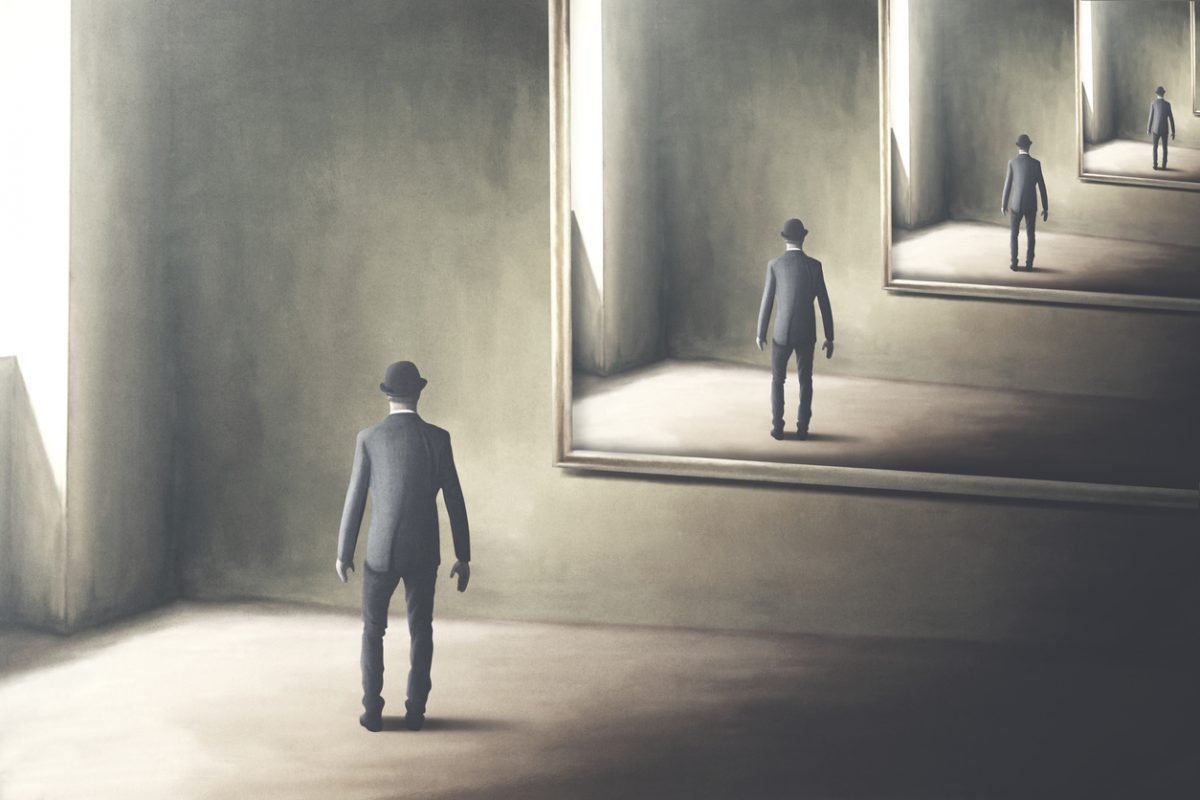Because this piece does not have an abstract, we have provided for your benefit the first 3 sentences of the full text.
Sir: Psychosis due to sleep deprivation has been frequently reported.1 In hallucinogen use, however, the duration of sleep deprivation is usually limited to a few days, and psychosis is attributed to the direct effects of the hallucinogens on the central nervous system. As a source of hallucinogen, the peyote cactus has been used both as a psychedelic drug and, among many Native Americans in the southwestern United States and Mexico, as a spiritual sacrament. The active ingredient is believed to be mescaline, an alkaloid known to cause visual hallucinations and decreased sleep. These effects subside in a few days, with an average duration of 10 to 12 hours.2 Here, we report a case of prolonged peyote-triggered psychosis and sleep deprivation that was resolved by sleep initiation.
This PDF is free for all visitors!





